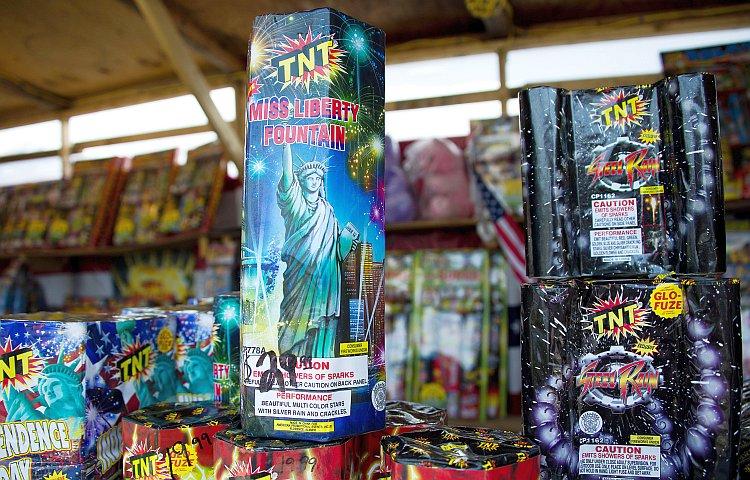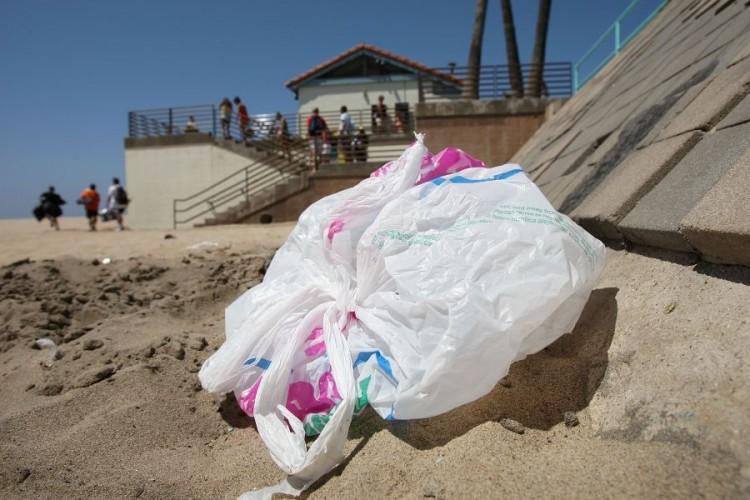Democratic Senators Barbara Boxer [D-CA] and John Kerry [D-MA] introduced a new climate change bill to the Senate last Wednesday, bringing mixed reactions from Democrats and Republicans, manufacturers, and labor unions.
The bill, called “The Clean Energy Jobs and American Power Act,” is meant to “create clean energy jobs” and “achieve energy independence” while targeting “global warming pollution.”
“We think this is the ticket, first of all, to face up to this great challenge of global warming… and also, it’s a great economic opportunity,” Sen. Boxer said Thursday, during an interview on C-Span’s “Newsmakers” show.
The bill lays out a timeline for reducing greenhouse gas emissions, mandating a 20 percent cut by 2020, and an 83 percent reduction by the year 2050. The percentages are based on reductions from 2005 emissions levels.
No Cap and Trade Details
Details regarding the allocation of cap-and-trade permits—an often touchy political issue—were absent from the bill.
“We think that this bill is great for business; it’s great for America’s prosperity, American leadership in the world, and green jobs,” Sen. Boxer added.
Republicans, in a press conference after the bill’s introduction, were not as taken with the bill, and its wording.
“These are fancy, complicated words for high-cost energy that will send jobs overseas looking for cheap energy,” said Sen. Lamar Alexander [R-TN]. Sen. Alexander called for low-cost “practical steps” to achieve low-carbon clean energy, citing increased nuclear energy production, “electrify[ing] half of our cars and trucks,” and offshore exploration of oil and natural gas as examples.
Sen. James Inhofe [R-OK] accused Democrats of standing in the way of energy independence, calling for development of existing resources. “If you want to become energy independent, you can do that merely by doing what every other country in the world does, and that is, develop our own resources.”
‘Unrealistic and Harmful’
Resistance to the bill and its proposed changes also came from fellow Democrats, including Sen. Jay Rockefeller [D-WV], who on Wednesday issued a strong statement against the Boxer-Kerry bill.
“Requiring 20 percent emission reductions by 2020 is unrealistic and harmful—it is simply not enough time to deploy the carbon capture and storage (CCS) and energy efficiency technologies we need. Period.”
Teamsters Union President Jim Hoffa issued a statement praising the bill for its expansion of state recycling programs as an element in the climate strategy, and calling for tariffs on polluting nations—such as China and India—to level the playing field and prevent jobs from heading overseas.
The National Association of Manufacturers (NAM) released a statement on Wednesday, stating encouragement over the inclusion of provisions for nuclear research and alternative fuels but voicing concern for a lack of detail on how additional costs will be mitigated and passed on to manufacturers and consumers.
NAM also stated that the goal of a 20 percent emissions reduction by 2020 was costly, presenting a “more significant technological and economic challenge to manufacturers while resulting in little benefit to the environment.”



